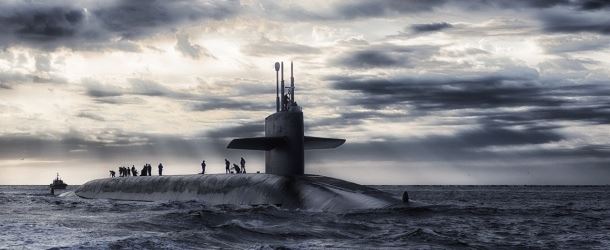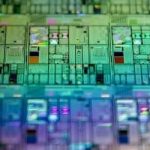Defense Applications of Quantum Sensors

(DefenseWeb.co.za) Quantum technologies are gaining more and more interest from worldwide governments because their development in the long run could heavily impact the military, industrial, medical and civil sectors. If Alan Turing’s computer took several years to successfully decrypt enigma’s codes during the Second World War, quantum computers will render encryption inviolable and will surely take seconds to break today’s best secured systems.
Some of the main defense applications of quantum sensors include:
**Navigation: On-board accelerometers, magnetometers and quantum gravimeters could offset the dependency of critical navigation systems on GPS satellite signals, which can be jammed or usurped by an attacker, rendering navigation systems unusable. A plane could make a transoceanic flight and arrive at its destination with an accuracy of a few meters without using GPS signals. Quantum navigational sensors accurately measure variations in certain physical properties of the earth (electromagnetic fields, gravitational fields, etc.) for which very high definition cartography is available, allowing them to position themselves accurately without the use of external elements such as satellites. Navigation sensors can be based on either laser-cooled atoms or impurities in diamond.
**Electromagnetic Interception: Sensors based on impurities in diamonds could make it possible to carry out spectral analysis of electromagnetic signals of several orders of magnitude finer than the current technologies. In the context of electronic warfare and eavesdropping on radio-frequency signals, these devices could multiply the performance of the interception systems.
**Remote sensing: Quantum radar is an emerging remote sensing technology based on quantum illumination. If developed successfully, it will make it possible to detect stealthy aircraft, filter attempts of deliberate interference and to operate in areas with high background noise.



















